Search the Special Collections and Archives Portal
Search Results
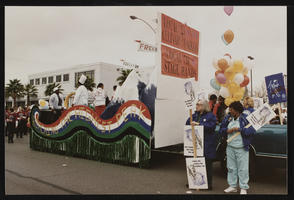
Martin Luther King Jr. parade, Culinary Union, Las Vegas (Nev.), 1995 January 14 (folder 1 of 4), image 39
Date
1995-01-14
Description
Arrangement note: Series I. Demonstrations, Subseries I.B. Other Demonstrations and Strikes
Image
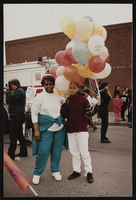
Martin Luther King Jr. parade, Culinary Union, Las Vegas (Nev.), 1995 January 14 (folder 1 of 4), image 40
Date
1995-01-14
Description
Arrangement note: Series I. Demonstrations, Subseries I.B. Other Demonstrations and Strikes
Image
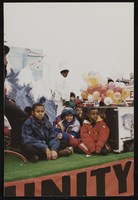
Martin Luther King Jr. parade, Culinary Union, Las Vegas (Nev.), 1995 January 14 (folder 1 of 4), image 41
Date
1995-01-14
Description
Arrangement note: Series I. Demonstrations, Subseries I.B. Other Demonstrations and Strikes
Image
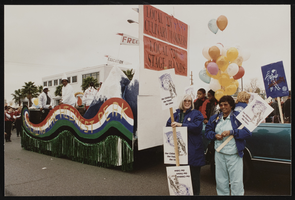
Martin Luther King Jr. parade, Culinary Union, Las Vegas (Nev.), 1995 January 14 (folder 1 of 4), image 42
Date
1995-01-14
Description
Arrangement note: Series I. Demonstrations, Subseries I.B. Other Demonstrations and Strikes
Image
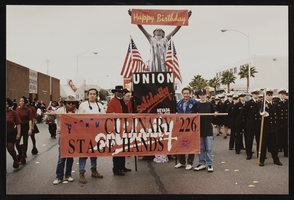
Martin Luther King Jr. parade, Culinary Union, Las Vegas (Nev.), 1995 January 14 (folder 1 of 4), image 43
Date
1995-01-14
Description
Arrangement note: Series I. Demonstrations, Subseries I.B. Other Demonstrations and Strikes
Image
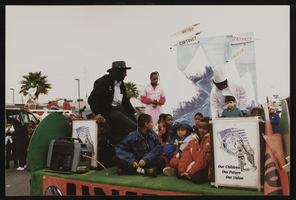
Martin Luther King Jr. parade, Culinary Union, Las Vegas (Nev.), 1995 January 14 (folder 1 of 4), image 44
Date
1995-01-14
Description
Arrangement note: Series I. Demonstrations, Subseries I.B. Other Demonstrations and Strikes
Image
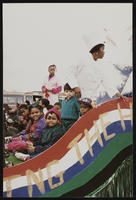
Martin Luther King Jr. parade, Culinary Union, Las Vegas (Nev.), 1995 January 14 (folder 1 of 4), image 45
Date
1995-01-14
Description
Arrangement note: Series I. Demonstrations, Subseries I.B. Other Demonstrations and Strikes
Image
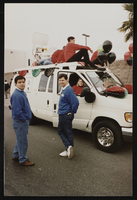
Martin Luther King Jr. parade, Culinary Union, Las Vegas (Nev.), 1995 January 14 (folder 1 of 4), image 46
Date
1995-01-14
Description
Arrangement note: Series I. Demonstrations, Subseries I.B. Other Demonstrations and Strikes
Image
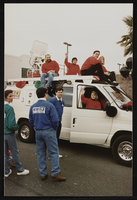
Martin Luther King Jr. parade, Culinary Union, Las Vegas (Nev.), 1995 January 14 (folder 1 of 4), image 47
Date
1995-01-14
Description
Arrangement note: Series I. Demonstrations, Subseries I.B. Other Demonstrations and Strikes
Image
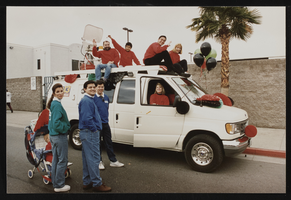
Martin Luther King Jr. parade, Culinary Union, Las Vegas (Nev.), 1995 January 14 (folder 1 of 4), image 48
Date
1995-01-14
Description
Arrangement note: Series I. Demonstrations, Subseries I.B. Other Demonstrations and Strikes
Image
Pagination
Refine my results
Content Type
Creator or Contributor
Subject
Archival Collection
Digital Project
Resource Type
Year
Material Type
Place
Language
Records Classification
